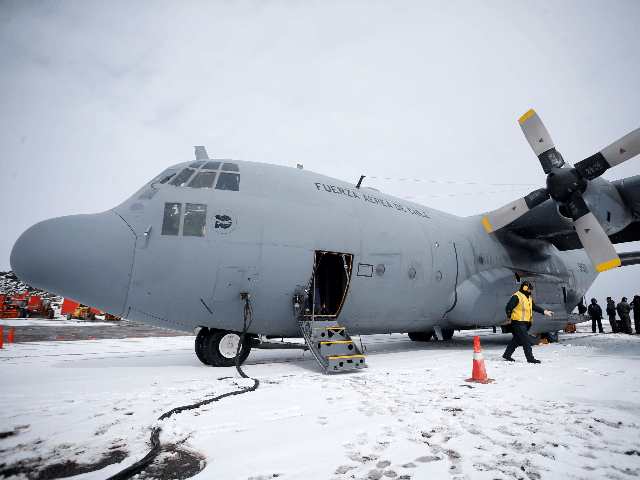The Chinese coronavirus pandemic has reached the continent of Antarctica after a Chilean naval base reported at least 36 personnel have tested positive for the infection, the country’s military confirmed Monday.
In a statement, a Chilean army spokesperson said that numerous people working in the base presented symptoms of the virus, leading to an evaluation.
After undergoing a medical checkup and swab tests, doctors confirmed 36 patients tested positive for the virus, 26 of whom are army personnel. The other ten are civilians from a contracting company carrying out scheduled maintenance work at the Antarctic base.
All those testing positive are currently in isolation, regularly monitored, and are all showing signs of a steady recovery. The contagion is believed to have come from the recent arrival of the Sargento Aldea ship belonging to the Chilean Navy, sent to help carry out logistical support tasks between November 27 and December 10.
Following its return to the southern port of Talcahuano on December 16, three out of 204 crew members tested positive for the virus. They were then quarantined on the ship and are “in good health and complying with current health protocols,” the statement added.
Antarctica is the final continent to have confirmed cases of the coronavirus, nearly a year after the pandemic broke out in the Chinese city of Wuhan. Authorities had previously managed to contain the outbreak by imposing strict controls and the cancellation of all tourist visits.
Health experts have long feared an outbreak of the virus in Antarctica, considered a dangerous place for human life because of its fierce winds and sub-zero temperatures. According to the Associated Press, around 1,000 researchers and visitors stayed on the island over the winter season, even though it has no permanent residents.
“A highly infectious novel virus with significant mortality and morbidity in the extreme and austere environment of Antarctica with limited sophistication of medical care and public health responses is high risk with potentially catastrophic consequences,” read a document by the Council of Managers of National Antarctic Programs obtained by the news agency.
Follow Ben Kew on Parler, Facebook, or Twitter. You can email him at bkew@breitbart.com.

COMMENTS
Please let us know if you're having issues with commenting.